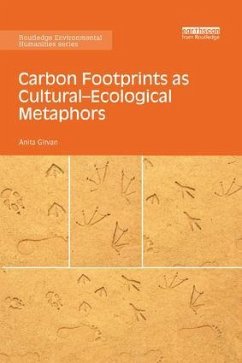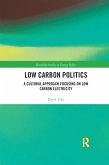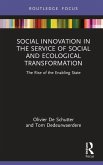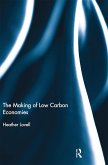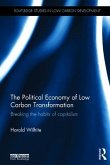Through an examination of carbon footprint metaphors, this books demonstrates the ways in which climate change and other ecological issues are culturally and materially constituted through metaphor. The carbon footprint metaphor has achieved a ubiquitous presence in Anglo-North American public contexts since the turn of the millennium, yet this metaphor remains under-examined as a crucial mediator of political responses to the urgent crisis of climate change. Existing books and articles on the carbon footprint typically treat this metaphor as a quantifying metric, with little attention to the shifting mediations and practices of the carbon footprint as a metaphor. This gap echoes a wider gap in understanding metaphors as key figures in mediating more-than-human relations at a time when such relations profoundly matter. As a timely intervention, this book addresses this gap by using insights from environmental humanities and political ecology to discuss carbon footprint metaphors in popular and public texts. This book will be of great interest to researchers and students of environmental humanities, political ecology, environmental communication, and metaphor studies.
Hinweis: Dieser Artikel kann nur an eine deutsche Lieferadresse ausgeliefert werden.
Hinweis: Dieser Artikel kann nur an eine deutsche Lieferadresse ausgeliefert werden.

